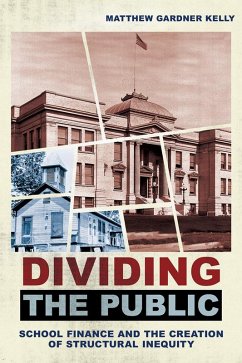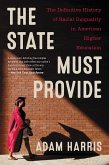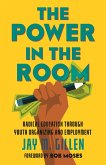In Dividing the Public, Matthew Gardner Kelly takes aim at the racial and economic disparities that characterize public education funding in the United States. With California as his focus, Kelly illustrates that the use of local taxes to fund public education was never an inadvertent or de facto product of past practices, but an intentional decision adopted in place of well-known alternatives during the Progressive Era, against past precedent and principle in several states.
From efforts to convert expropriated Indigenous and Mexican land into common school funding in the 1850s, to reforms that directed state aid to expanding white suburbs during the years surrounding World War II, Dividing the Public traces, in intricate detail, how a host of policies connected to school funding have divided California by race and class over time. In bringing into view the neglected and poorly understood history of policymaking connected to school finance, Kelly offers a new story about the role public education played in shaping the racially segregated, economically divided, and politically fragmented world of the post-1945 metropolis.
From efforts to convert expropriated Indigenous and Mexican land into common school funding in the 1850s, to reforms that directed state aid to expanding white suburbs during the years surrounding World War II, Dividing the Public traces, in intricate detail, how a host of policies connected to school funding have divided California by race and class over time. In bringing into view the neglected and poorly understood history of policymaking connected to school finance, Kelly offers a new story about the role public education played in shaping the racially segregated, economically divided, and politically fragmented world of the post-1945 metropolis.
Dieser Download kann aus rechtlichen Gründen nur mit Rechnungsadresse in A, D ausgeliefert werden.









